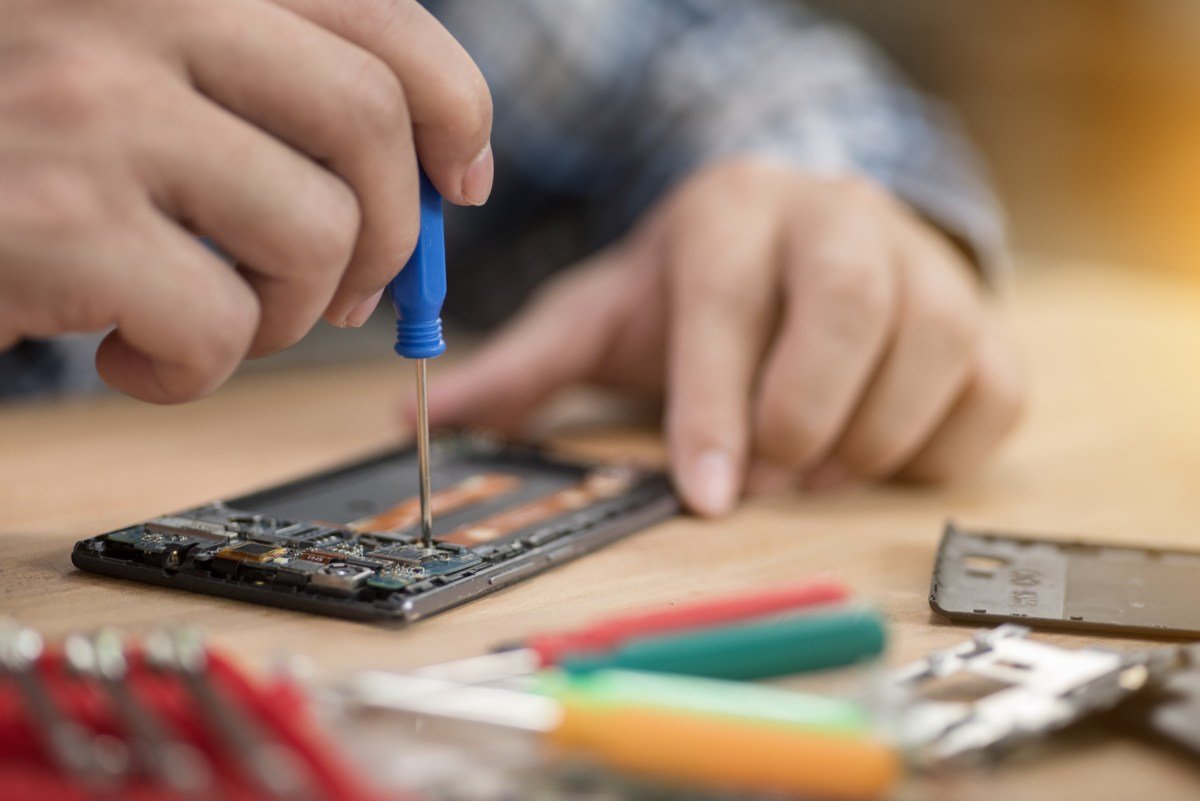Have you ever stopped to wonder how much a top-of-the-line iPhone 15 Pro Max costs? If you guessed around $1,600, you would be correct – but only if you’re in the United States. In Turkey, that same phone will set you back nearly $3,000. The stark difference in price presents a unique opportunity for arbitrage and has led to a thriving second-hand and refurbished market. Getmobil, a leading e-commerce platform in Turkey, recently raised $4 million to legitimize and expand the country’s phone refurbishing industry.
“The Turkish government is focused on reducing the trade deficit and creating a circular economy,” explains Getmobil’s CEO and founder, Mehmet Uygun. “They don’t want customers to constantly purchase brand new phones because it means money leaving the country’s borders.”
Global economics and trade policies can have some fascinating and unexpected effects on local markets, particularly in the mobile phone industry. For example, in 2010, Argentina implemented a rule that required all products sold within the country to be manufactured there. This resulted in some strange outcomes, including inflated prices for English-language books and the absence of Apple products in the market. The rule also prompted a resurgence for BlackBerry, as they opened an assembly plant in Argentina.
A similar situation is occurring in Turkey, where steep import taxes have created a grey market for phones. These taxes make it challenging for individuals to afford new devices, leading them to seek alternatives. This is where Getmobil comes in – originally a modest phone repair shop, the company has since pivoted to focus on refurbishing and selling electronics at more affordable prices.
The Dutch Founders Fund (DFF) recently invested in Getmobil, citing their focus on seed phase B2B marketplaces. “While DFF is based in the Netherlands, we invest in companies across Europe, as well as in regions such as Dubai and Egypt,” says DFF co-founder and managing partner, Hidde Hoogcarspel. “Many of these marketplaces operate globally and are subject to cross-border trade regulations.”
Where friction exists, opportunity can be found.
Through their experience in the repair and refurbishing market, the founders of Getmobil noticed a significant gap between the high cost of new devices and the desire for more affordable options. This led them to shift their focus to selling refurbished devices, positioning themselves as a crucial player in Turkey’s electronics sector.
The government’s high import taxes have created a unique situation in the Turkish market. With cash sales of phones circulating outside of the tax system, the government decided to take action. “Turkey is an absolute outlier in the refurbished market,” says Hoogcarspel. “The government has implemented a regulatory framework and incentive scheme to limit imports and promote local refurbishment centers. This has resulted in a thriving informal trade market that surpasses new device sales.”
However, the government realized the importance of regulating this market and introduced new tax incentives and regulations in 2021. These changes aim to encourage more sustainable consumption, improve the quality and reliability of refurbished devices, and reduce electronic waste. One of the significant changes was the option for installment payments on refurbished devices, which is highly regulated in Turkey and unavailable through Apple.
Getmobil’s success and rapid growth can be attributed to their ability to align the government’s interests in keeping money within the country’s borders and collecting taxes, consumers’ desire for affordable devices, and their own adherence to high standards of quality and customer service. By offering a solution that benefits everyone involved, Getmobil has solidified themselves as a vital player in Turkey’s electronics market.
A win-win situation for the local economy and the environment.
While the government’s main motive for these regulations may be revenue-driven, the result has had positive effects on the environment and economy. By promoting the reuse, repair, refurbishment, and recycling of electronics, these regulations have extended the circular economy to a wider consumer base and reduced e-waste. They have also leveled the playing field in the refurbished market, as high standards and warranties are now required for all devices.
However, navigating the intricacies of Turkey’s electronics market is not without its challenges. The founders of Getmobil note that the shadow economy continues to be a significant issue, as it often compromises on quality and after-sales services, undermining consumer trust. Additionally, keeping up with the ever-evolving regulations adds another layer of complexity to their operations.
Overall, the future of Getmobil and the refurbished market in Turkey is heavily reliant on government policies and geopolitical events. While the regulations have created a promising opportunity for the company, changes in trade tariffs could greatly impact their business model. But for now, Getmobil remains an essential player in Turkey’s electronics sector, continuously working to meet consumer demands while staying compliant with regulations.








